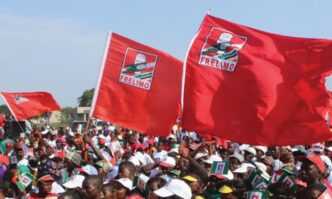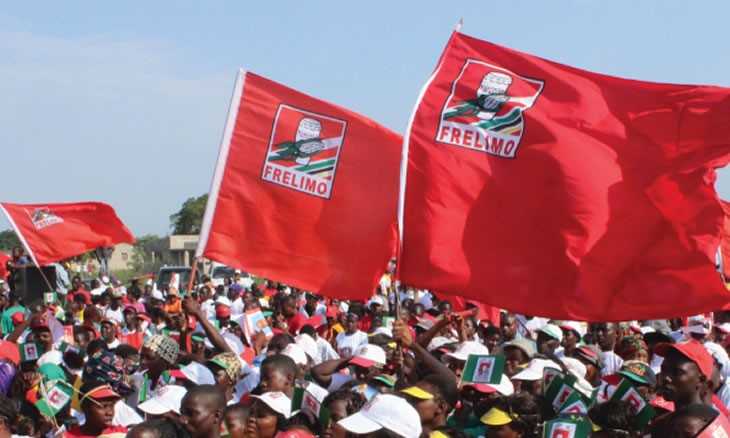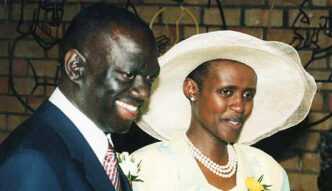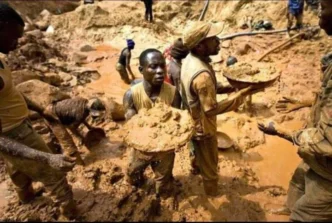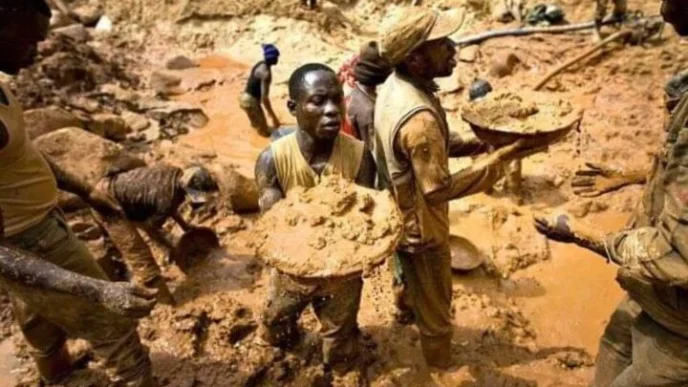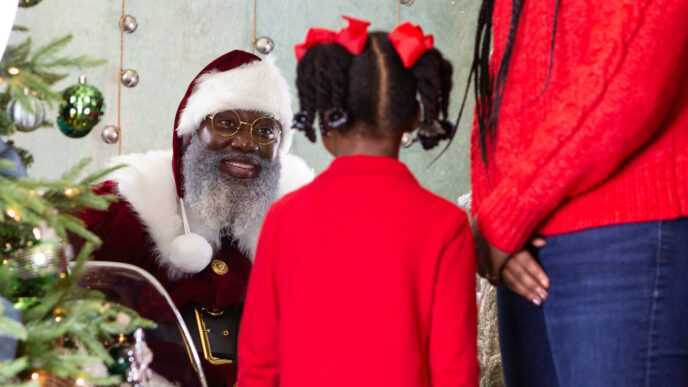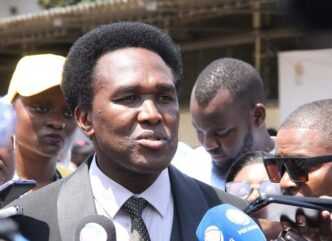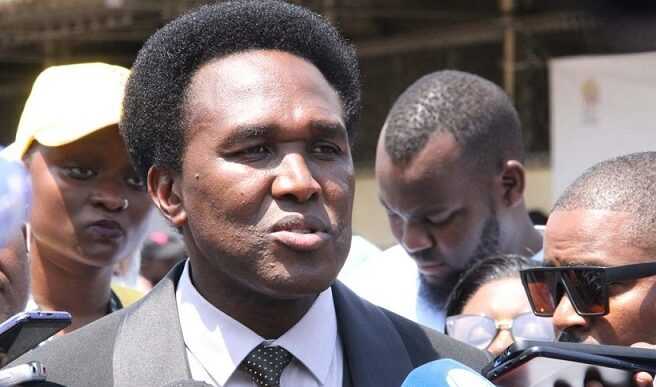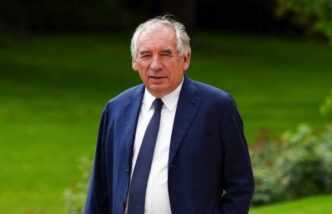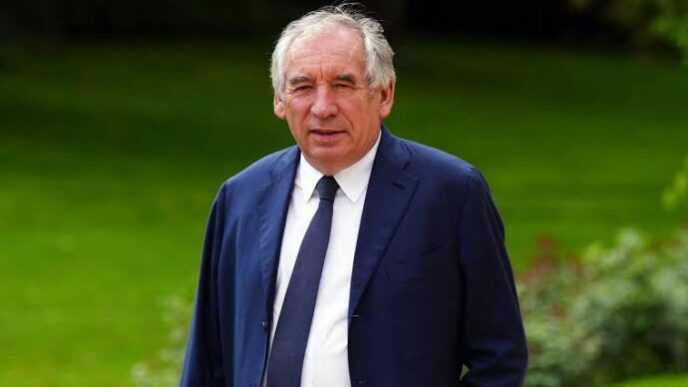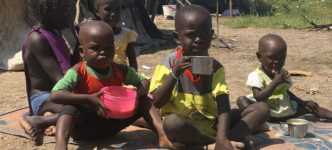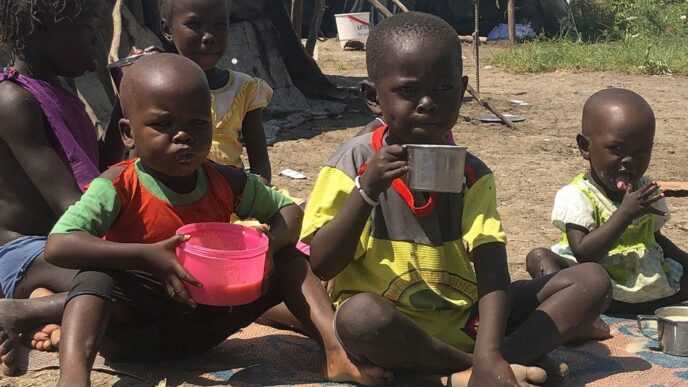Mozambique’s Constitutional Council has upheld the controversial results of the October general elections, reaffirming the ruling Frelimo party’s dominance.
Despite reducing Frelimo candidate Daniel Chapo’s declared victory from 70% to 65% and awarding opposition leader Venancio Mondlane four additional points, the ruling has done little to quell public anger or prevent further violence.
Mondlane, representing the youth-backed Podemos party, claims he won 53% of the vote based on his party’s tally, far outstripping the official 24%. His supporters, angered by alleged electoral fraud and government repression, have turned to the streets in protest.
This unrest, compounded by pre-election violence and widespread dissatisfaction with Frelimo’s long-standing rule, has claimed over 110 lives according to Amnesty International, with some estimates reaching 130.
Mounting Tensions and Calls for Change
The October 9 elections reignited frustrations over unemployment, economic stagnation, and ongoing conflict in northern Mozambique. Frelimo, which has ruled since the nation’s independence in 1975, faces increasing criticism from a younger generation less attached to the party’s liberation legacy.
Observers, including the European Union and the Association of Catholic Bishops, have cited irregularities, including ballot stuffing and tampered results.
Adding to the volatility, two prominent Podemos leaders were assassinated, further inflaming the situation. Mondlane accused state forces of involvement, a claim the government denies.
Amid this turmoil, the opposition leader fled the country, citing fears for his safety, and continues to rally his followers through social media.
Economic Fallout
The protests have disrupted businesses and trade, with the International Monetary Fund revising Mozambique’s 2024 growth projection from 5% to 4.3%. Tourism, a critical sector, has also suffered significant setbacks, as reports of violence deter visitors.
Neighboring countries have experienced ripple effects, with disrupted cargo routes and temporary border closures impacting trade.
What Lies Ahead
While the Constitutional Council’s decision is legally final, analysts predict more unrest as Frelimo struggles to maintain its grip.
Mondlane’s persistent calls for protests suggest a prolonged period of instability. Security forces have ramped up their presence, but the risk of further violence remains high.
The future of Mozambique hangs in the balance as the nation grapples with deep-seated political and social challenges.
Will Frelimo’s stronghold weather the storm, or will the opposition’s fight for change reshape the political landscape?
Read More:
